In the dry season, the hillsides are brown, the roads dusty. There is not even a hint of the lushness that will come with the rains. Farmers sit beside roads behind small heaps of heirloom cucumbers for sale, harvested from nearby fields. We always stop to buy some, often on the way back from a day spent at a village festival, our ears still echoing with drumbeats, images of the oracle spinning, deep in a trance, vivid before our eyes.
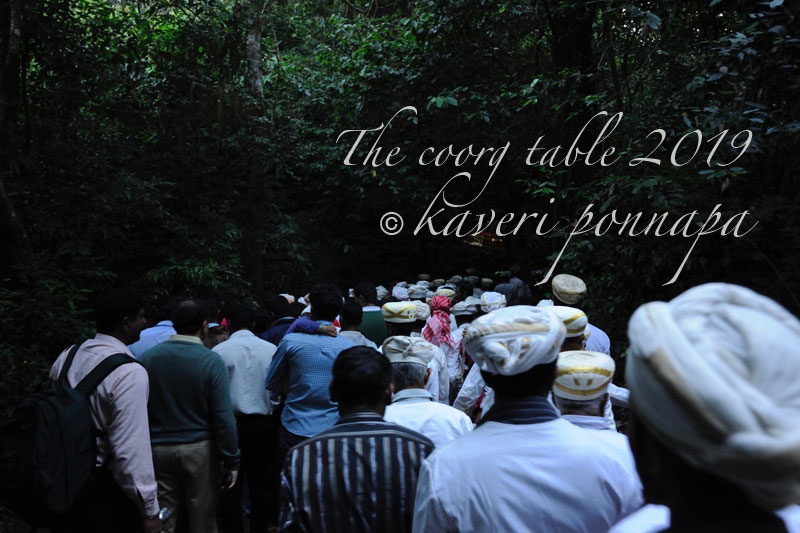 These cucumbers don’t look anything like the sleek, streamlined shop-bought ones to which we have grown accustomed. They grow in open fields between harvests, their uneven surfaces unpredictable with bumps and depressions, their skins streaky and thick. But they are important than they appear. Later in the year, these rustic offerings from the fields —once much more commonly used, until coconuts became easily available —are decorated with silk, jewellery and flowers, an allegory for the fertility of the land, and used to welcome and thank the River Goddess for nourishing our fields.
These cucumbers don’t look anything like the sleek, streamlined shop-bought ones to which we have grown accustomed. They grow in open fields between harvests, their uneven surfaces unpredictable with bumps and depressions, their skins streaky and thick. But they are important than they appear. Later in the year, these rustic offerings from the fields —once much more commonly used, until coconuts became easily available —are decorated with silk, jewellery and flowers, an allegory for the fertility of the land, and used to welcome and thank the River Goddess for nourishing our fields.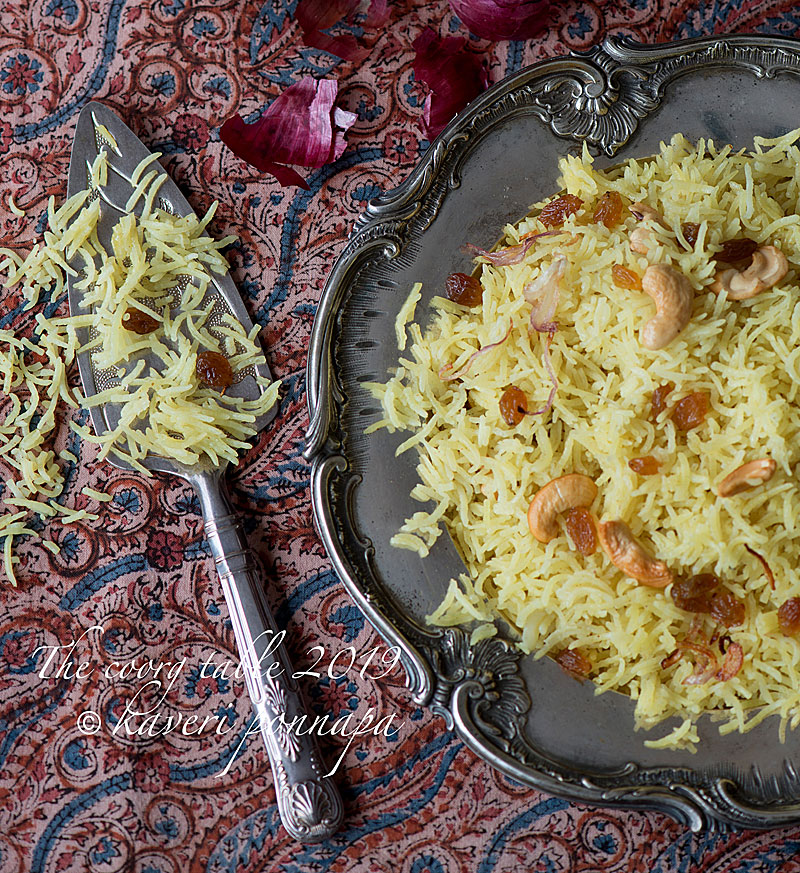 Peeled, the texture of the cucumbers is perfect —firm and juicy, with a hint of melon. They make a refreshing snack on their own; but the best thing you could do is grate them into a chouthe mor pajji (pachhadi). The bite of ground mustard in the spice paste which goes into the curd complements the icy green shards of cucumber perfectly. It is an exquisitely refreshing and quenching dish in the summer heat.
Peeled, the texture of the cucumbers is perfect —firm and juicy, with a hint of melon. They make a refreshing snack on their own; but the best thing you could do is grate them into a chouthe mor pajji (pachhadi). The bite of ground mustard in the spice paste which goes into the curd complements the icy green shards of cucumber perfectly. It is an exquisitely refreshing and quenching dish in the summer heat.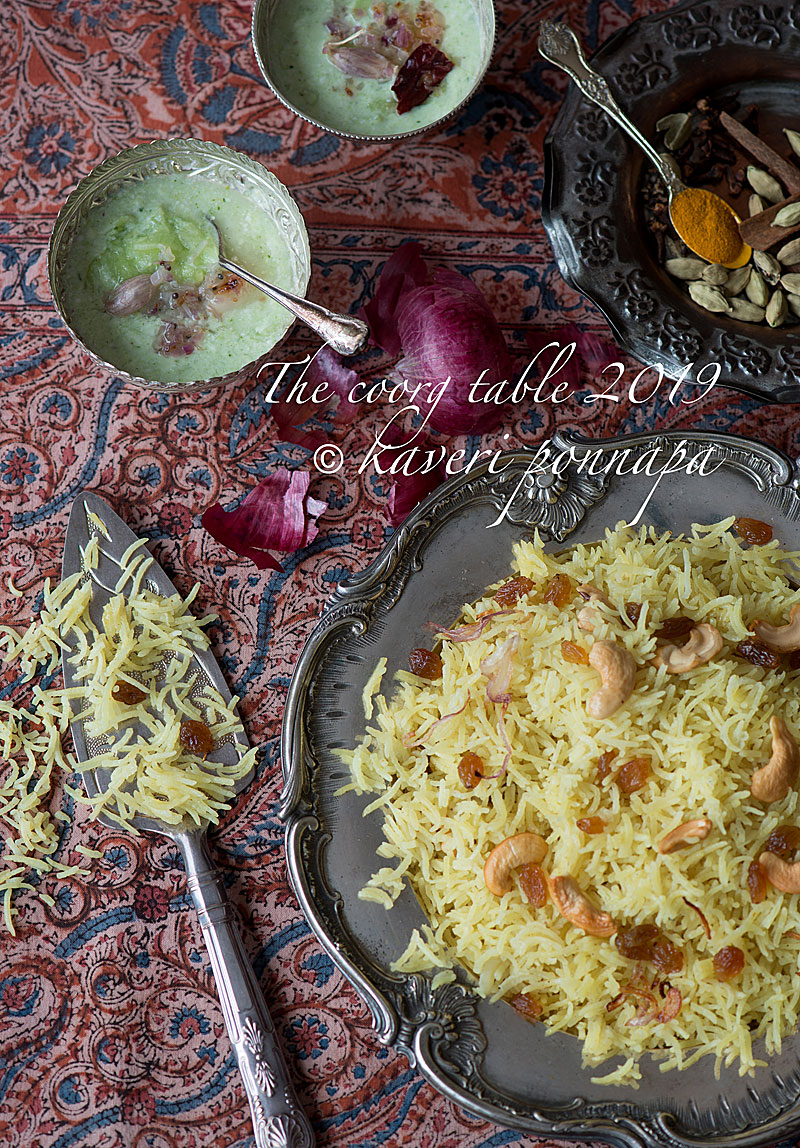 To get to the many festivals that are celebrated in the spring and summer months in Coorg, you have to follow paths that slip away below arching trees and down sudden slopes, flowing out of sight, into still pools of shade and cool. Here you can pause for a while, and feel yourself restored, linked back to the living landscape. Collective memory lies on these pathways along which we walk to reach a forest shrine, intimate with generations of stories and lives.
To get to the many festivals that are celebrated in the spring and summer months in Coorg, you have to follow paths that slip away below arching trees and down sudden slopes, flowing out of sight, into still pools of shade and cool. Here you can pause for a while, and feel yourself restored, linked back to the living landscape. Collective memory lies on these pathways along which we walk to reach a forest shrine, intimate with generations of stories and lives.
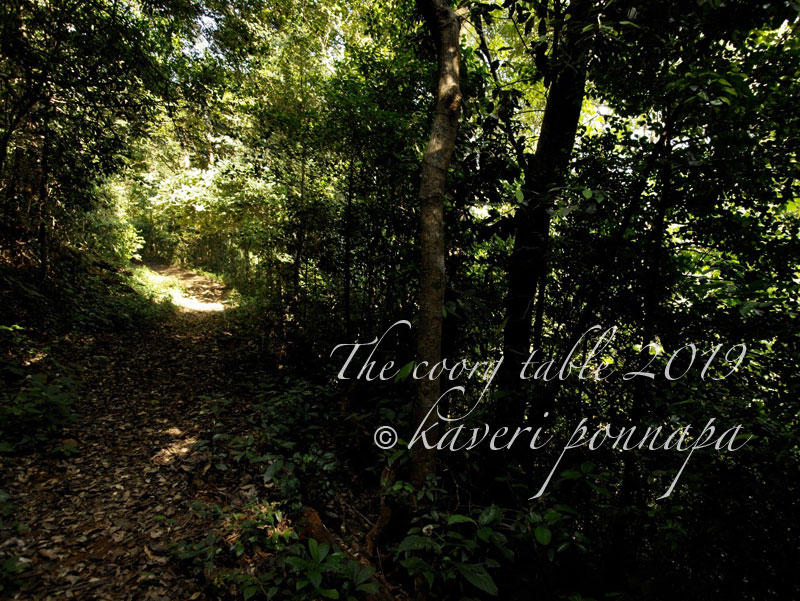 This is where the village gathers and prays for dewfall, cloud and rain to drench the land, to nourish all life so that it flourishes. The songs and the dances maintain a crucial connection with nature. It’s a very long way to the harvest yet, but this is where it all begins: when these cucumbers become visible on the roadsides; in these festivals, when village communities come together to prepare for the agricultural season, and enter into a conversation with the land.
This is where the village gathers and prays for dewfall, cloud and rain to drench the land, to nourish all life so that it flourishes. The songs and the dances maintain a crucial connection with nature. It’s a very long way to the harvest yet, but this is where it all begins: when these cucumbers become visible on the roadsides; in these festivals, when village communities come together to prepare for the agricultural season, and enter into a conversation with the land.
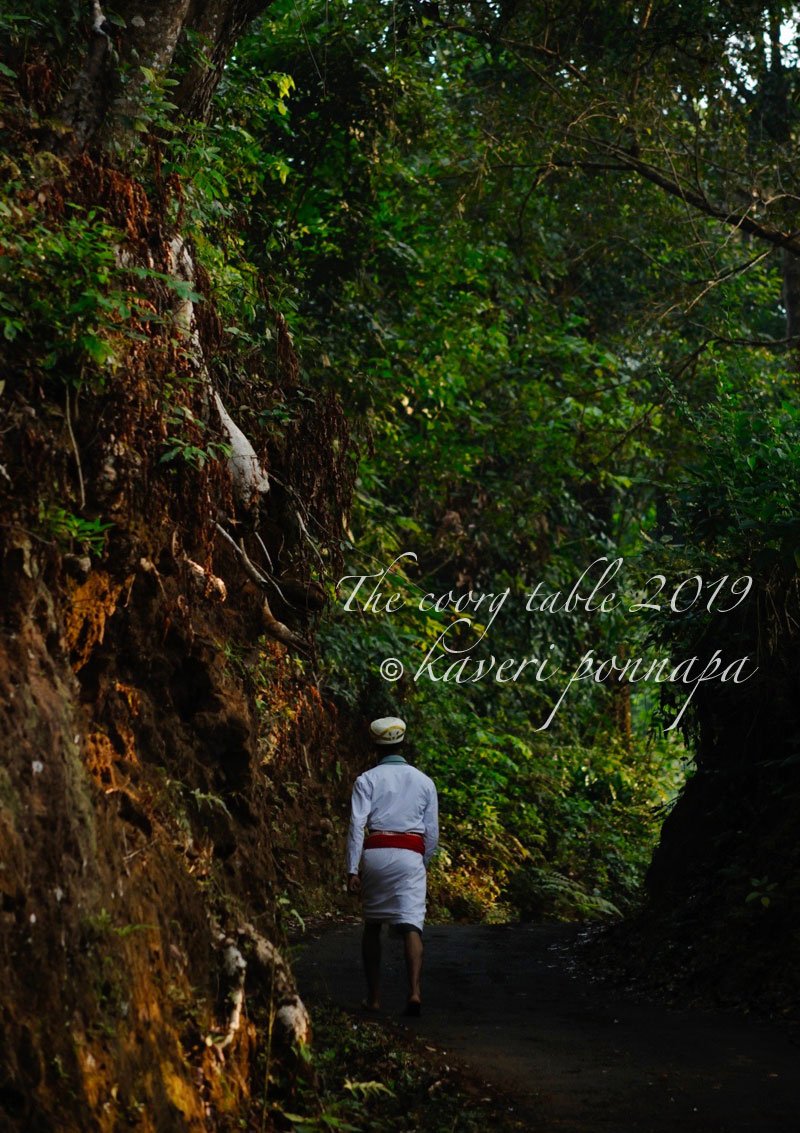
All Food Styling: Kaveri Ponnapa
Photo Credits: A.G.P Sathyaprakash
Do look out for the recipes of all the food featured here in my upcoming cookbook.

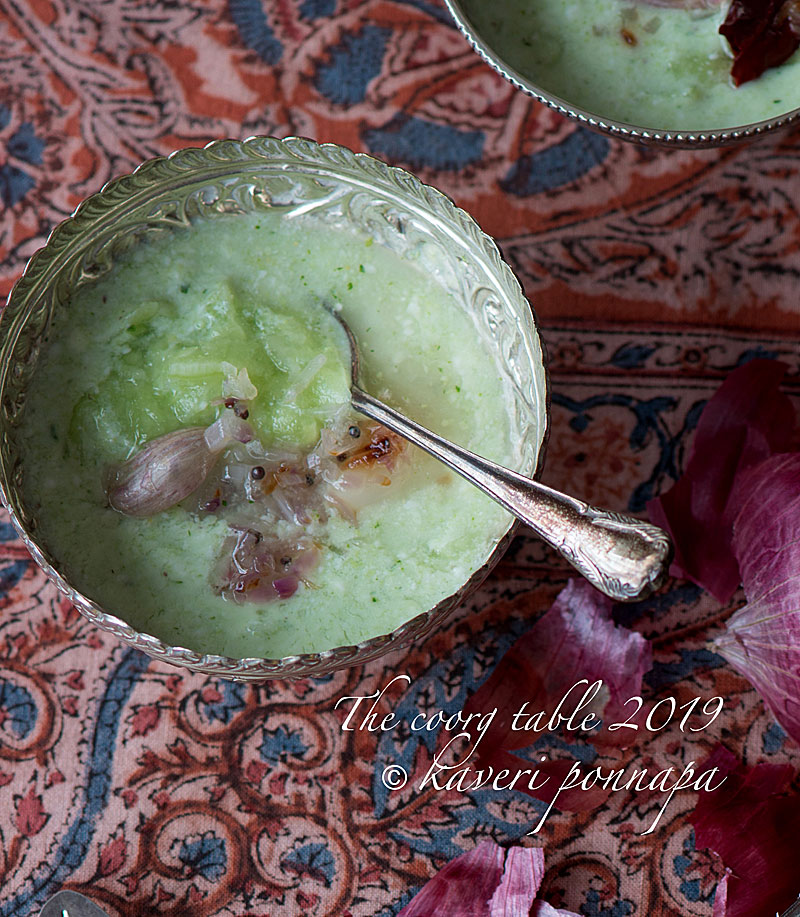
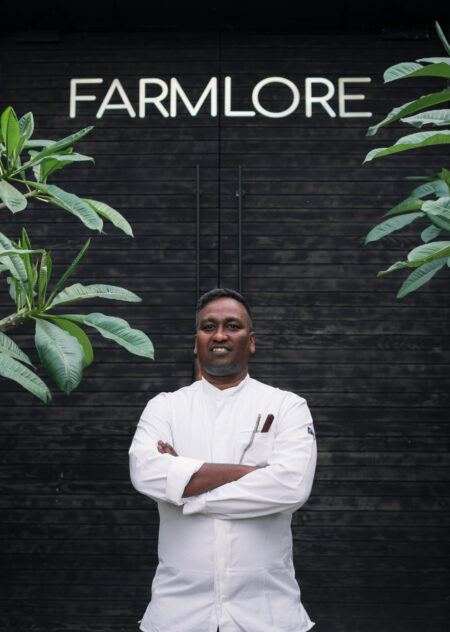
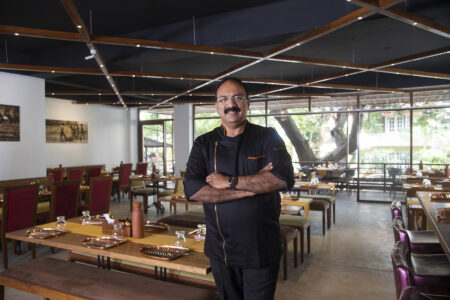
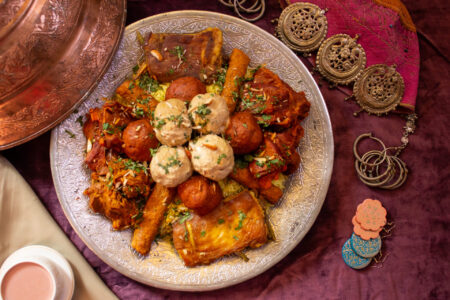
Lovely images and wonderful writing. Always nice to read and watch the images. Thank you for posting.
Hi Kaverappa, these pictures really take me back deep into the heart of Coorg whenever I look at them. I’m happy you enjoyed them, and the post. Keep reading! Warm wishes. Kaveri
These images and words evoke such a strong connectedness with the source of our food ,,,, and with our seasons. Love it.
Thank you
Hi Sonali, I’m so glad these words resonated with you. Thank you for reading, and for writing in.Do keep reading! Warm wishes.Kaveri